According to Deputy Minister of Science and Technology Hoang Minh, Vietnam currently does not have an innovation cluster, and it is necessary to form clusters for industries and fields to avoid fragmented operations.
The information was given by Mr. Minh at the National Forum on Policy Development for the System of Vietnamese Innovation and Startup Centers held on the afternoon of November 24 in Ho Chi Minh City. The event is part of the National Innovation and Startup Festival (Techfest 2023) organized by the Ministry of Science and Technology in coordination with the Ho Chi Minh City People's Committee.
According to Deputy Minister Hoang Minh, in the global innovation assessment report, the innovation cluster index is a very important indicator. "If we do not develop startup clusters and innovation clusters, Vietnam will still operate in a fragmented manner according to each local organization," he said, suggesting that clusters could be developed for industries and fields such as microchips, seafood, and pharmaceuticals, etc.
He said that in the coming time, the Ministry of Science and Technology will standardize concepts, definitions, contents as well as regulate types of organizations, human resources, and resources for the model of innovation support centers for startups and other organizations. He hopes that Ho Chi Minh City will be the locomotive to become a regional innovation startup cluster.
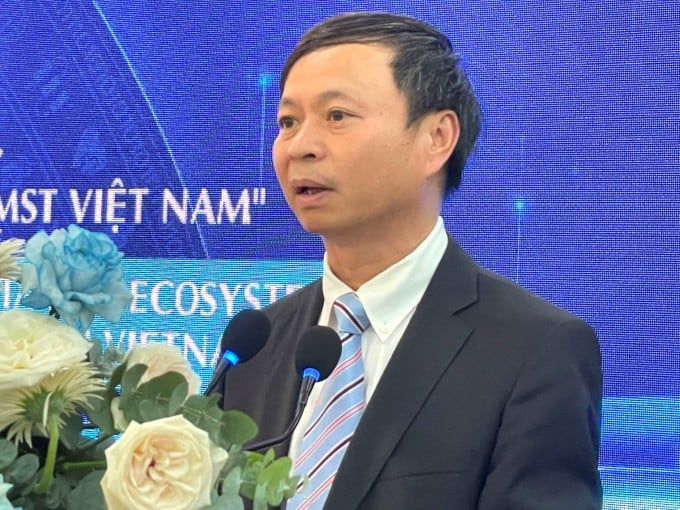
Deputy Minister of Science and Technology Hoang Minh speaks at the forum. Photo: Ha An
Director of the Ho Chi Minh City Department of Science and Technology Nguyen Viet Dung also proposed that the model of innovation and startup support centers should be viewed from a larger perspective, developing into innovation and urban clusters, instead of the current small-scale centers of localities.
This urban cluster includes many buildings serving research and development activities, innovation, connectivity... He likened the innovation urban area to a growth model at a higher level than the industrial parks and export processing zones that Vietnam has built and developed over the years.
Regarding the operating mechanism, the Director of the Department of Science and Technology of Ho Chi Minh City envisions that the innovative urban area model can be implemented in the form of public-private partnership. The state has old unused buildings that can be leased to the private sector at preferential prices to attract them to develop an innovative startup ecosystem. In this urban area, the state plays a role in supporting the community.
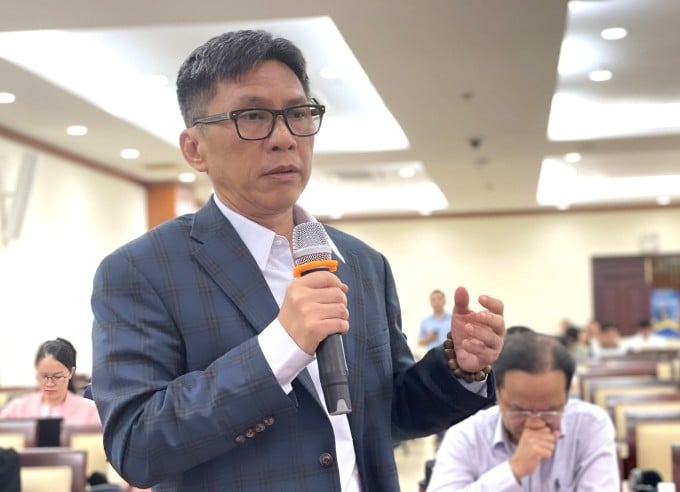
Mr. Nguyen Viet Dung, Director of the Department of Science and Technology of Ho Chi Minh City, proposed a model of an innovative urban area at the forum on the afternoon of November 24. Photo: Ha An
Mr. Dung said that when designing policies for innovative urban areas, it is necessary to have a similar vision as when building mechanisms for industrial parks, export processing zones, and high-tech zones in the past. If the policy only stops at the same level as the current support policies for innovation centers, it will be very difficult.
The leader of the Department of Science and Technology of Ho Chi Minh City proposed that the Ministry of Science and Technology should conduct research to propose that the Central Government build a common regulatory framework for the model of innovative urban areas within the scope of the decree when amending the law on science and technology in the near future.
Previously, leaders of the Departments of Science and Technology of provinces and cities pointed out many difficulties and obstacles when operating the model of innovation and startup support centers in the locality. Mr. Nguyen Dinh Vinh, Deputy Director of the Department of Science and Technology of Hai Phong , said that the unit currently has a center to support innovation and startup, with an area of 400 m2. However, this unit is only at the department level in a public service unit under the department, without a legal entity, leading to difficulties in operation. He recommended that there should be clear policy mechanisms and legal corridors for the operation of local startup support centers, and more broadly, at the national and regional level.
Regarding the operating model, Mr. Vinh said that this is an agency that supports start-up businesses in their business activities, so it needs a flexible operating mechanism, which means it is not fully subsidized because it can easily create stagnation in operations, but it also needs to be guaranteed a part of the regular expenditure by the budget. Along with that, the center needs to attract talent, create a transparent working environment for talented people to develop with attractive income.
Ms. Le Thi Thuc, Deputy Director of the Department of Science and Technology of Da Nang, proposed a model of a center operating on a non-profit basis, with the core goal of supporting the startup community. For the center to operate effectively, she suggested a mechanism to attract experts and partners to work and they would enjoy incentives on personal income tax, paperwork, etc. She said that it is necessary to develop criteria for experts supporting startups so that the locality has a basis to attract talented people to work.
Ha An
Source link



![[Photo] Party and State leaders meet with representatives of all walks of life](https://vstatic.vietnam.vn/vietnam/resource/IMAGE/2025/8/24/66adc175d6ec402d90093f0a6764225b)


![[Photo] Phu Quoc: Propagating IUU prevention and control to the people](https://vstatic.vietnam.vn/vietnam/resource/IMAGE/2025/8/24/f32e51cca8bf4ebc9899accf59353d90)


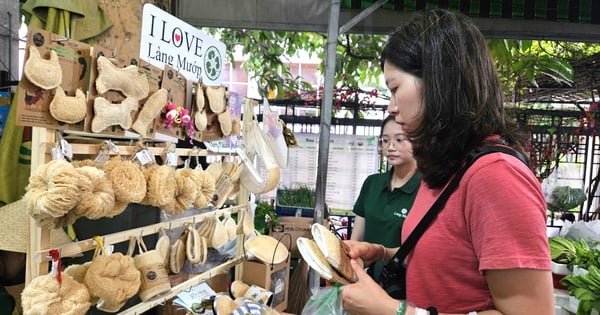

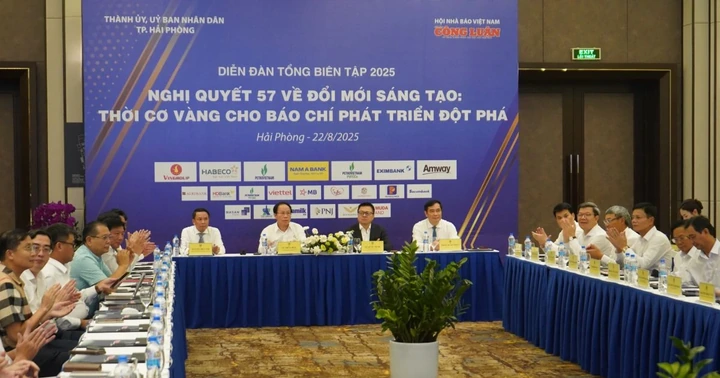



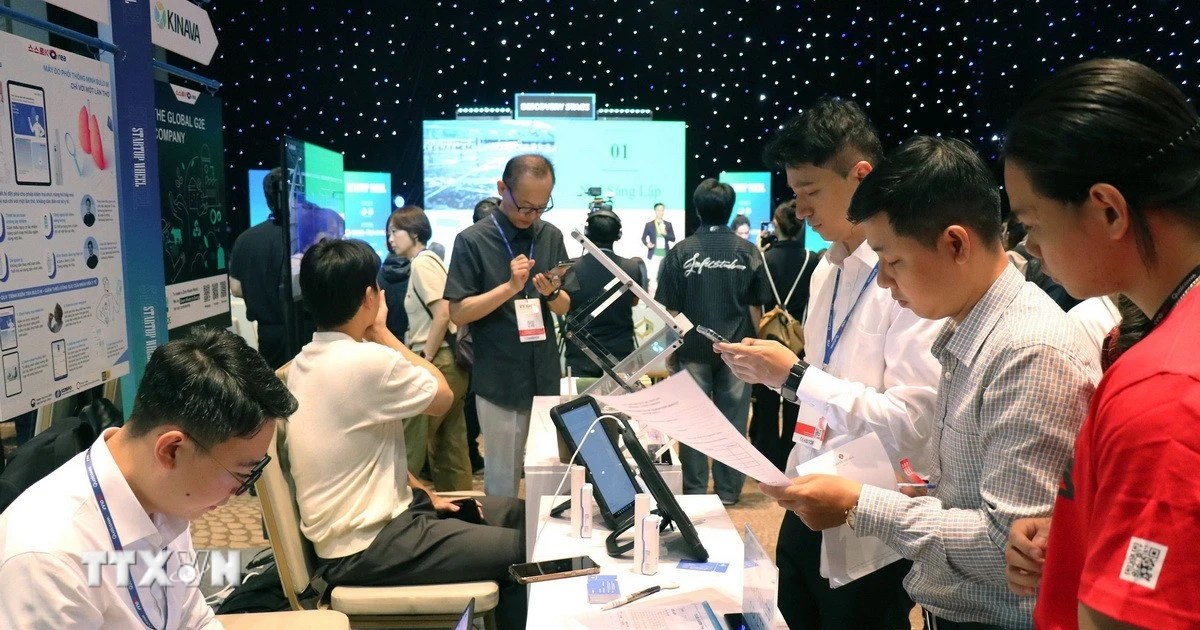



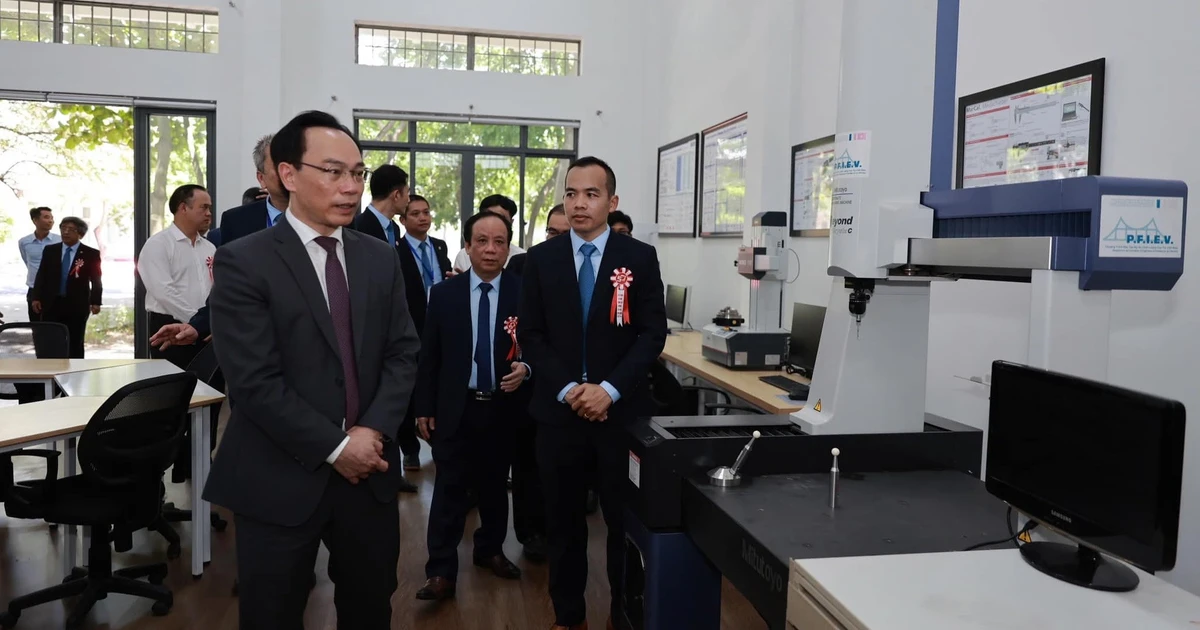



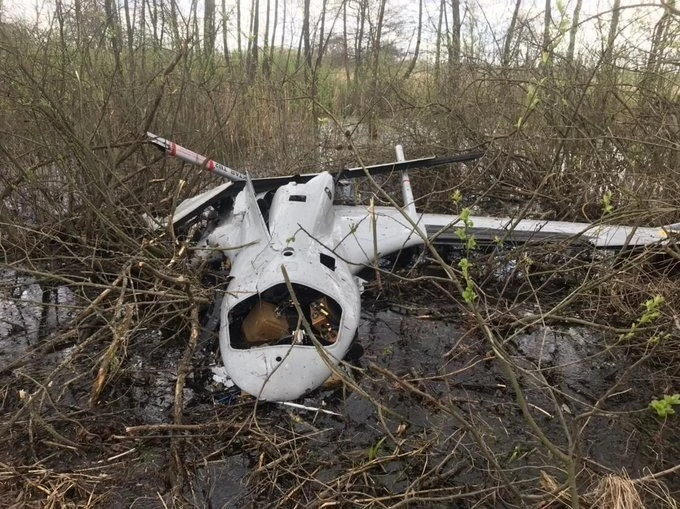



























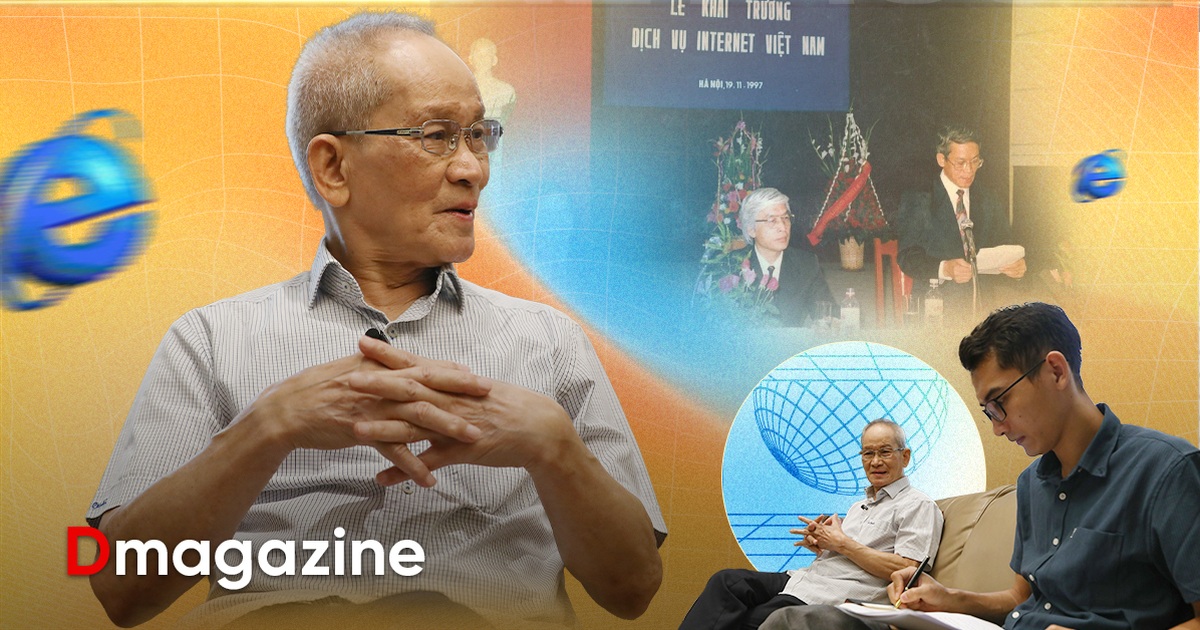



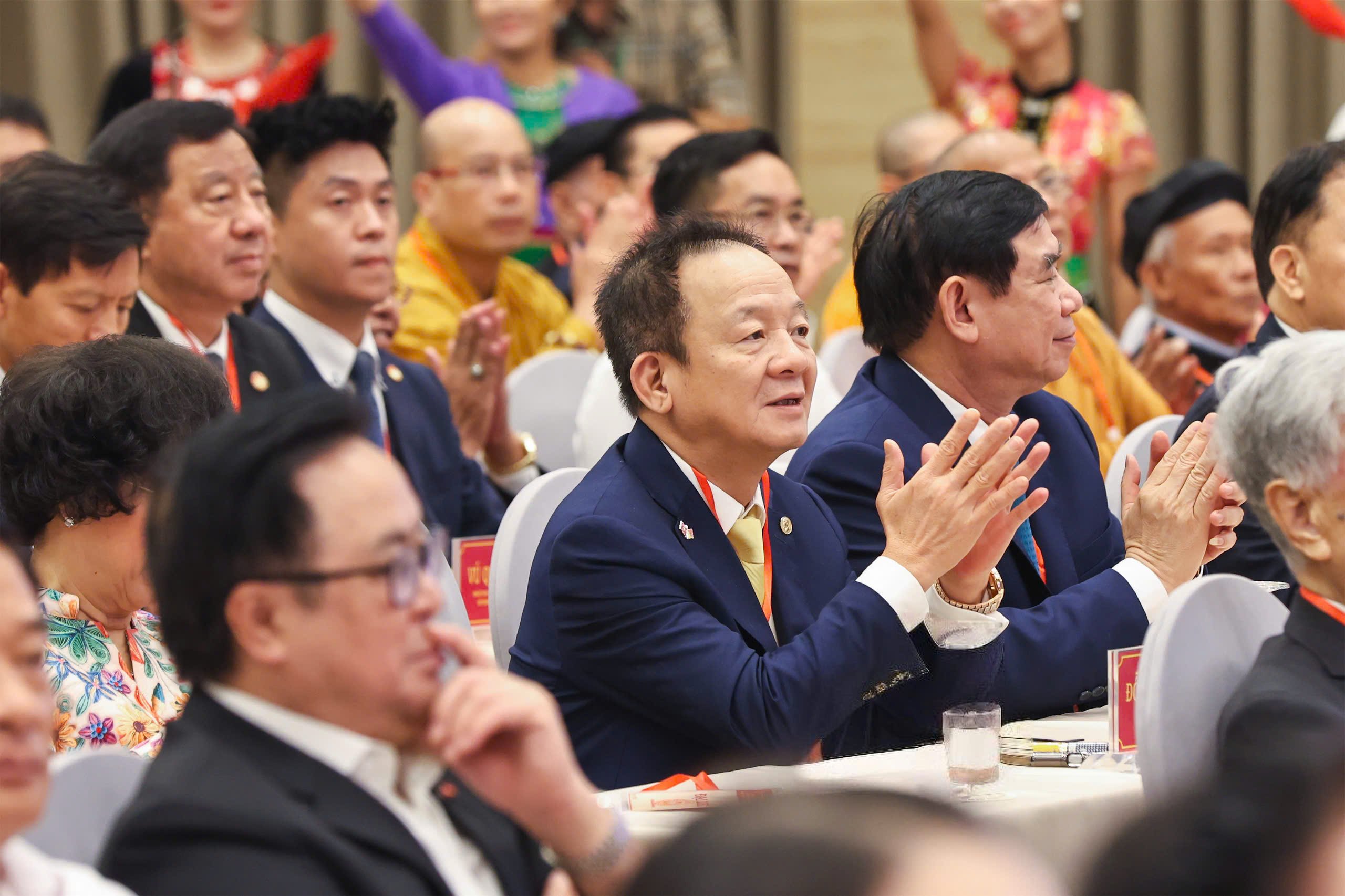











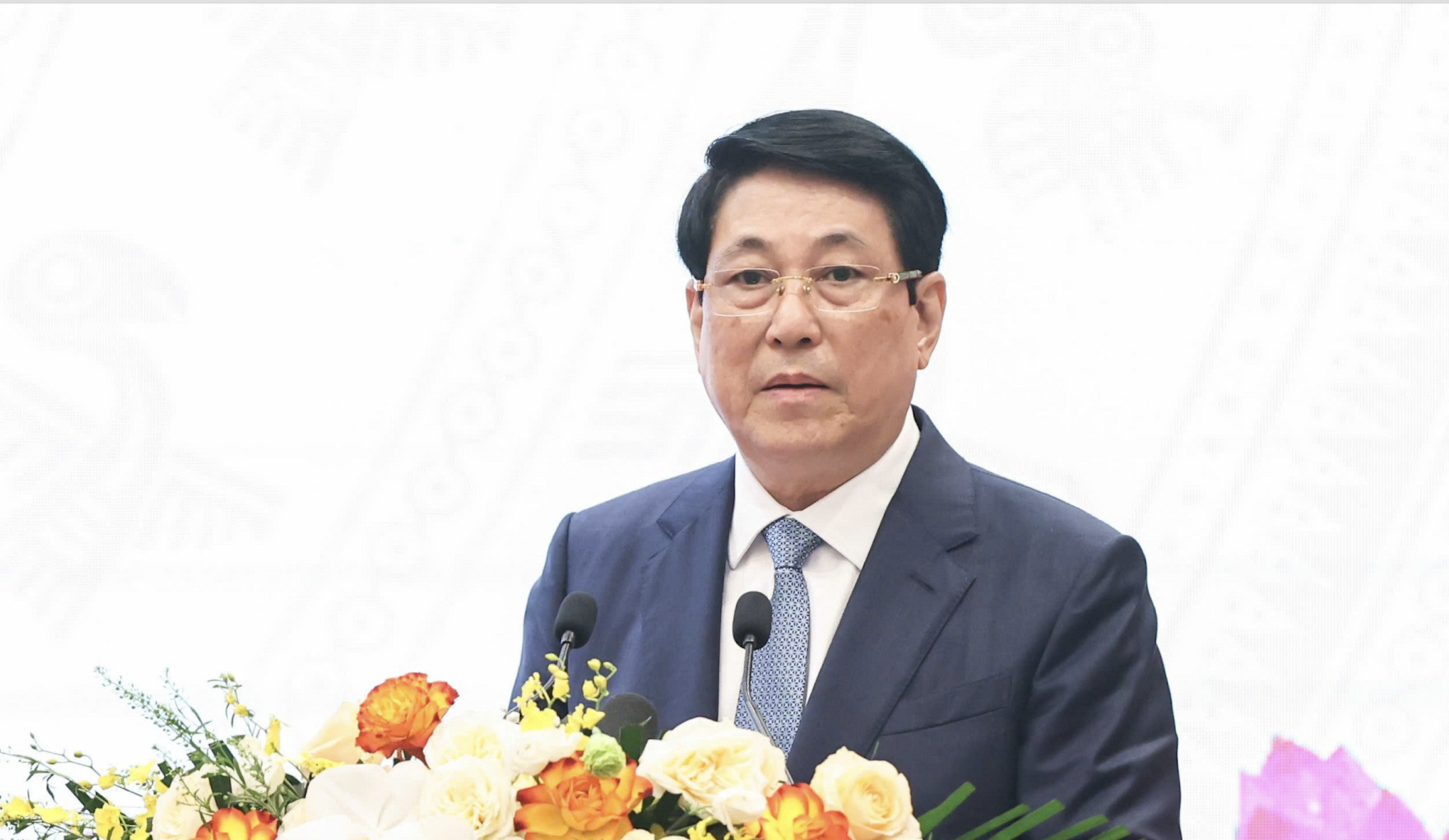







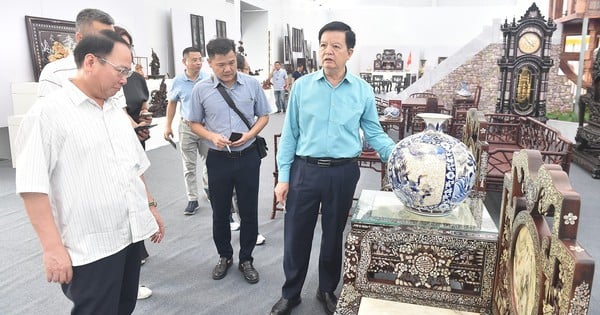















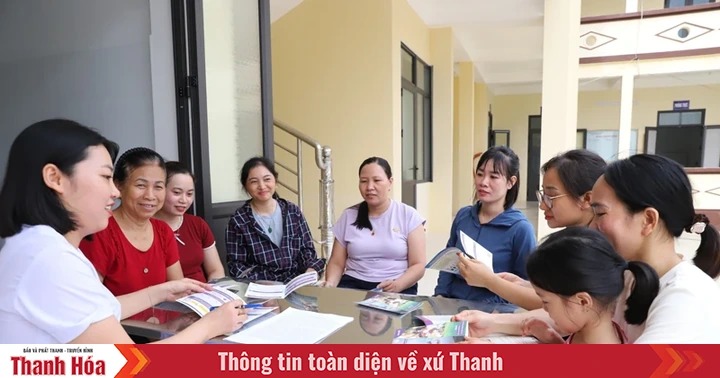
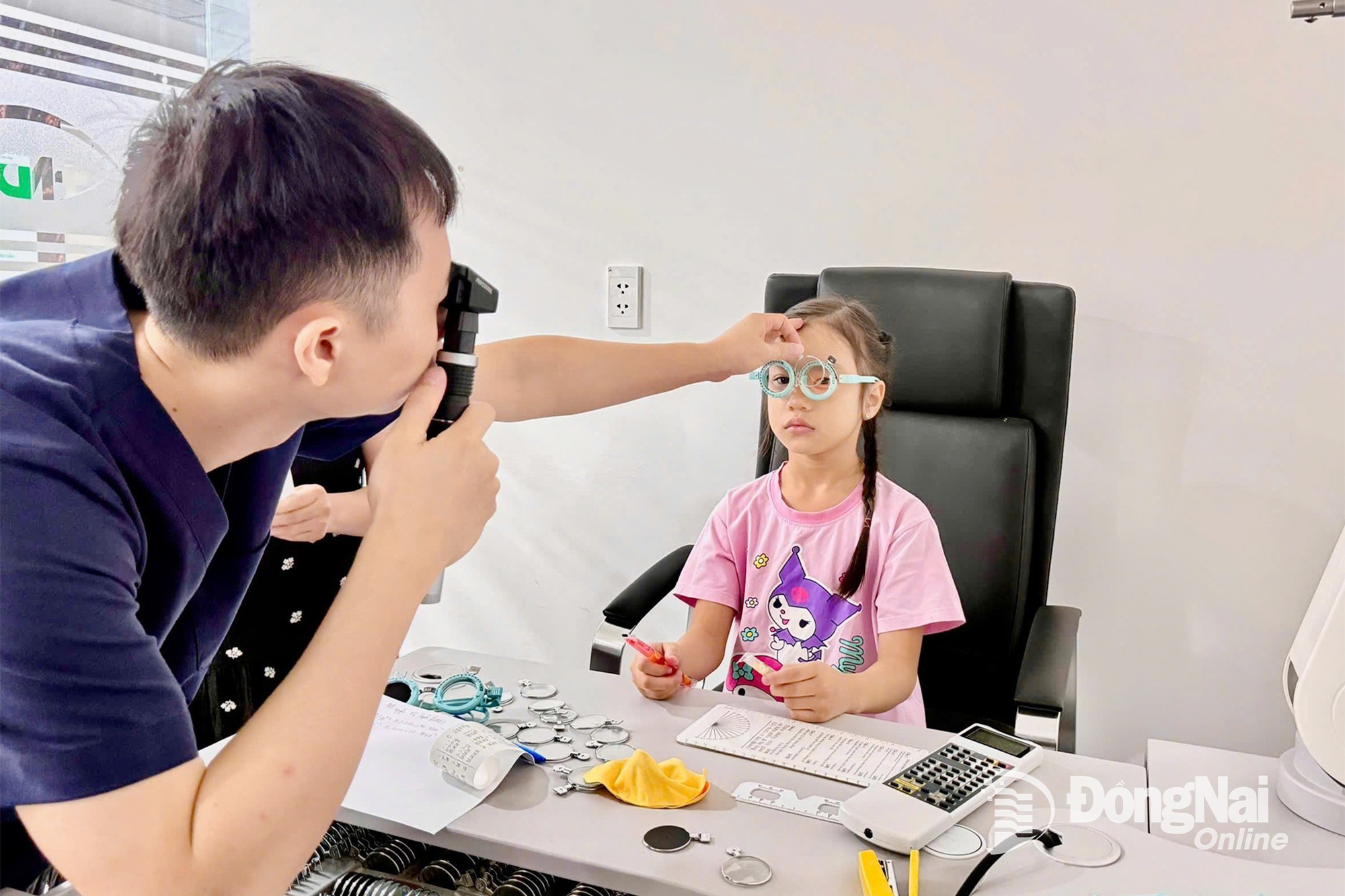














Comment (0)